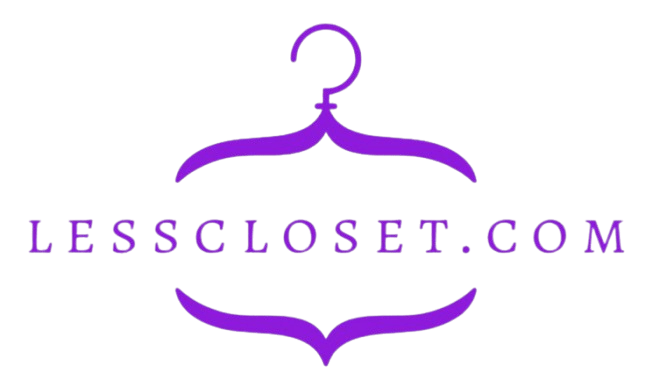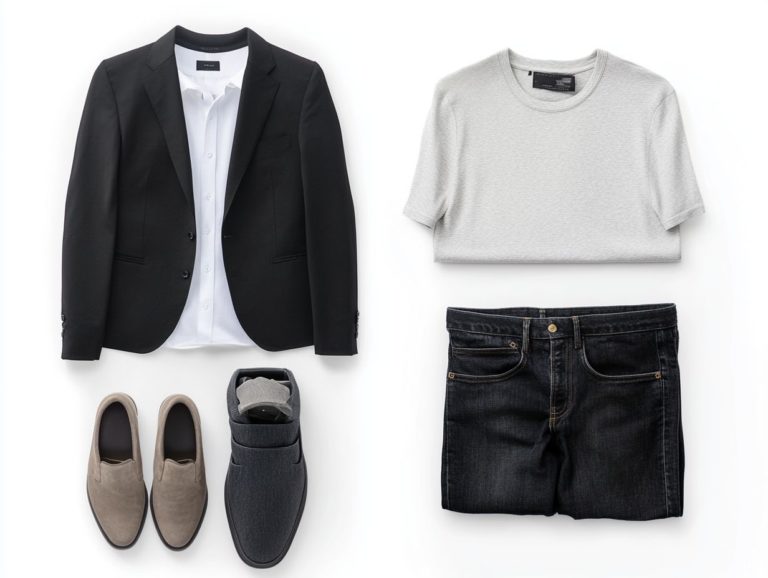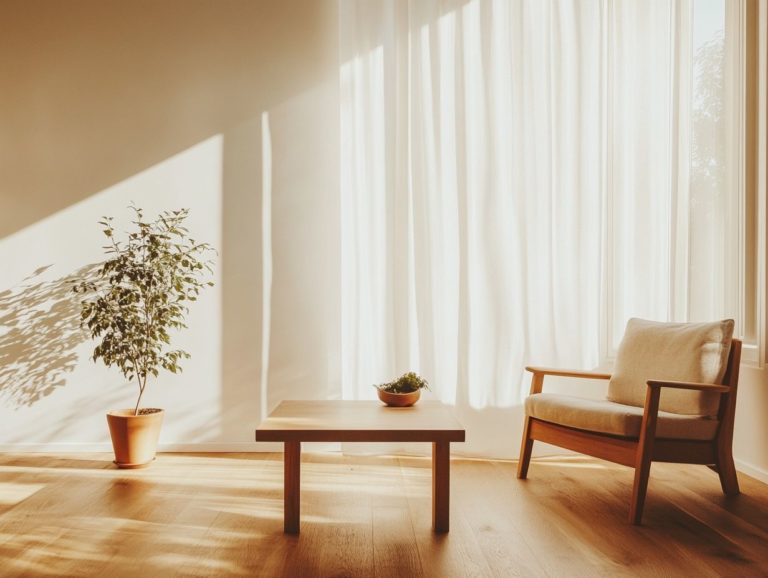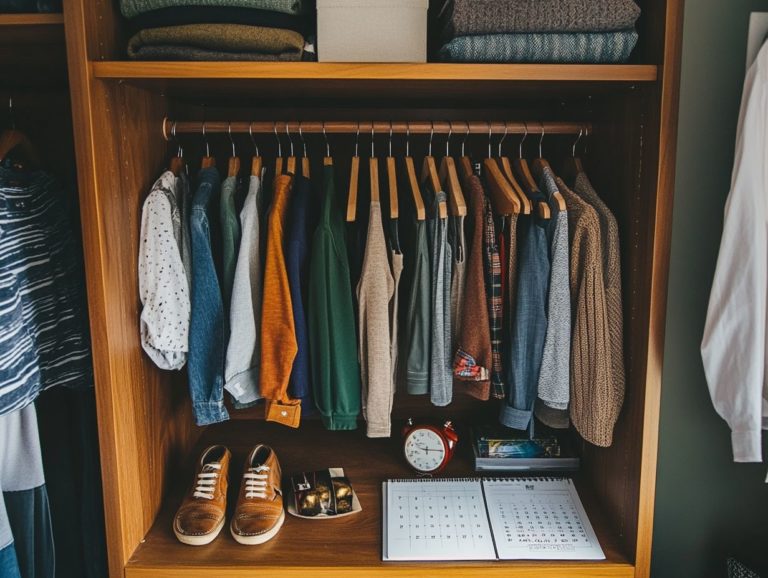What is the Minimalist Philosophy?
Minimalism is a lifestyle choice that invites you to concentrate on what genuinely matters. It is deeply connected to the broader minimalism movement. This article delves into the essence of minimalism, explaining its philosophy while illuminating its myriad benefits for mental and physical health. You’ll find practical tips for simplifying your daily life, transforming chaos into clarity.
This article addresses common misconceptions about minimalism, shedding light on its pivotal role in promoting sustainability. Whether you’re contemplating embracing this lifestyle or aiming to enrich your understanding, you ll discover valuable insights tailored for you.
Contents
Key Takeaways:
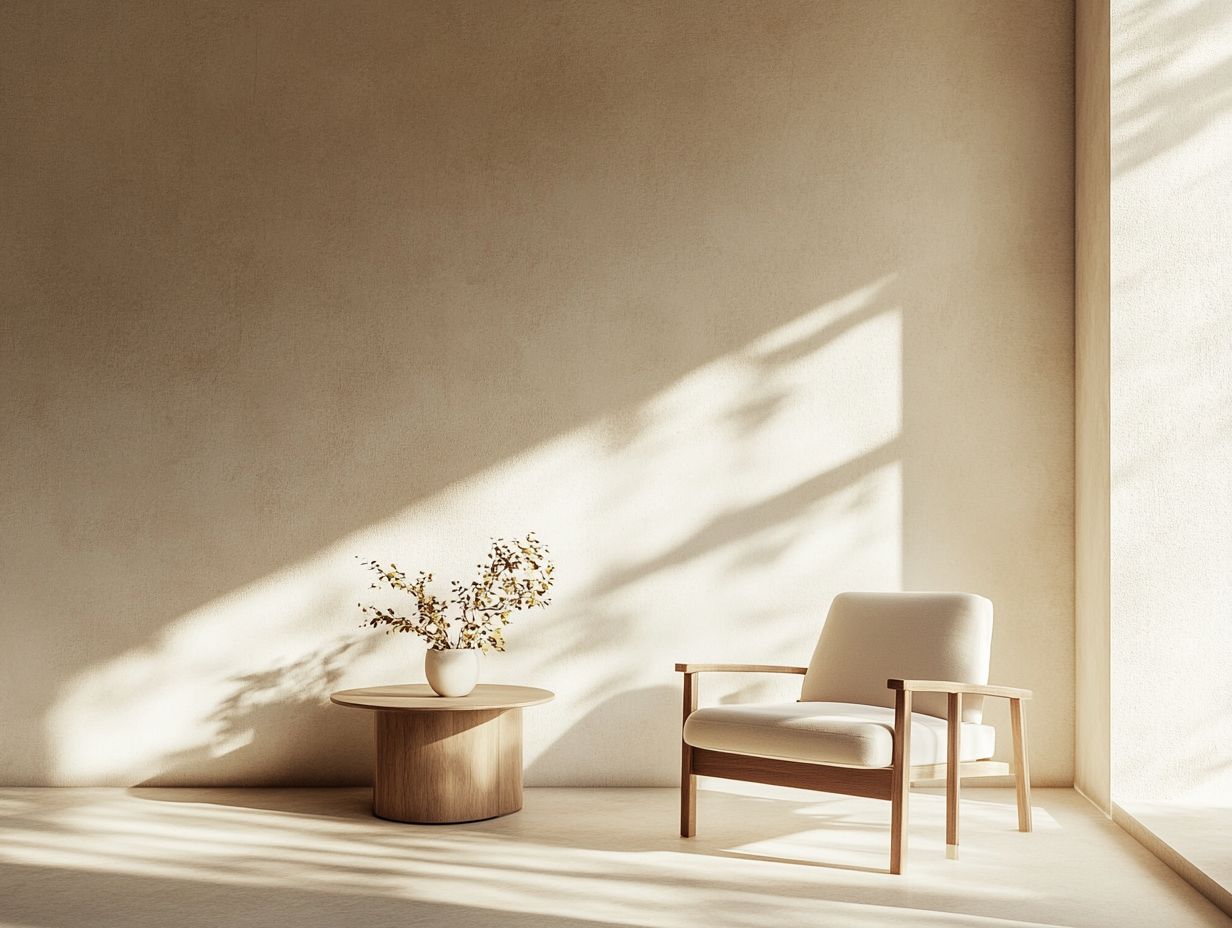
- Minimalism is a philosophy centered around simplifying and decluttering one’s life, both physically and mentally.
- Adopting a minimalist lifestyle can greatly improve your mental and physical health, reducing stress and increasing happiness.
- Practicing minimalism includes tips such as decluttering, intentional spending, and focusing on experiences over possessions. It can also benefit sustainability and the environment.
What is Minimalism?
Understanding minimalism requires you to delve into its roots, philosophy, and the broader movement that champions a lifestyle centered around simplicity and intentionality. This approach challenges modern consumption norms, inviting you to embrace simple living and focus on what genuinely matters in life.
Drawing inspiration from Stoicism, minimalism encourages mental clarity through techniques like hedonic adaptation the process of becoming accustomed to changes in life, helping you appreciate what you have and negative visualization, echoing the wisdom of philosophers such as Marcus Aurelius and the principles of judicial minimalism.
Moreover, the principles of Scandinavian design perfectly encapsulate minimalism’s aesthetic, crafting spaces that are both functional and free of clutter, reflecting the ideals of Danish design and minimalist design.
Defining the Philosophy
The philosophy of minimalism invites you to embrace the art of reducing excess and creating a purposeful life. Drawing inspiration from ancient teachings like Stoicism and Buddhism, this approach emphasizes mindfulness and intentional living.
As you evaluate your possessions, commitments, and thoughts, you’ll discover a lifestyle that is not only liberating but also deeply aligned with your values. By shedding distractions, you create a sanctuary for what truly matters, leading to enhanced clarity and a serene peace of mind.
Negative visualization, a technique rooted in both Stoic and Buddhist traditions, emerges as a powerful ally in this journey. This mental exercise encourages you to explore the absence of what you hold dear, fostering gratitude for the present while diminishing the fear of loss. In doing so, you reinforce the significance of appreciating simplicity in your everyday life.
Benefits of Adopting a Minimalist Lifestyle
Embracing a minimalist lifestyle offers a wealth of benefits, greatly improving your mental and physical health. As you learn to prioritize what truly matters and simplify your surroundings, you ll experience reduced stress and an enhanced quality of life.
This change liberates you and encourages healthier habits while fostering deeper relationships. The positive effects create a ripple that elevates your overall happiness and satisfaction.
By adopting simple living and grasping the concept of hedonic adaptation, you can discover joy in the present moment, rather than perpetually chasing external validation.
Start your journey toward minimalism today and experience the freedom it brings!
Join the minimalism movement and reclaim your life today!
Impact on Mental and Physical Well-being
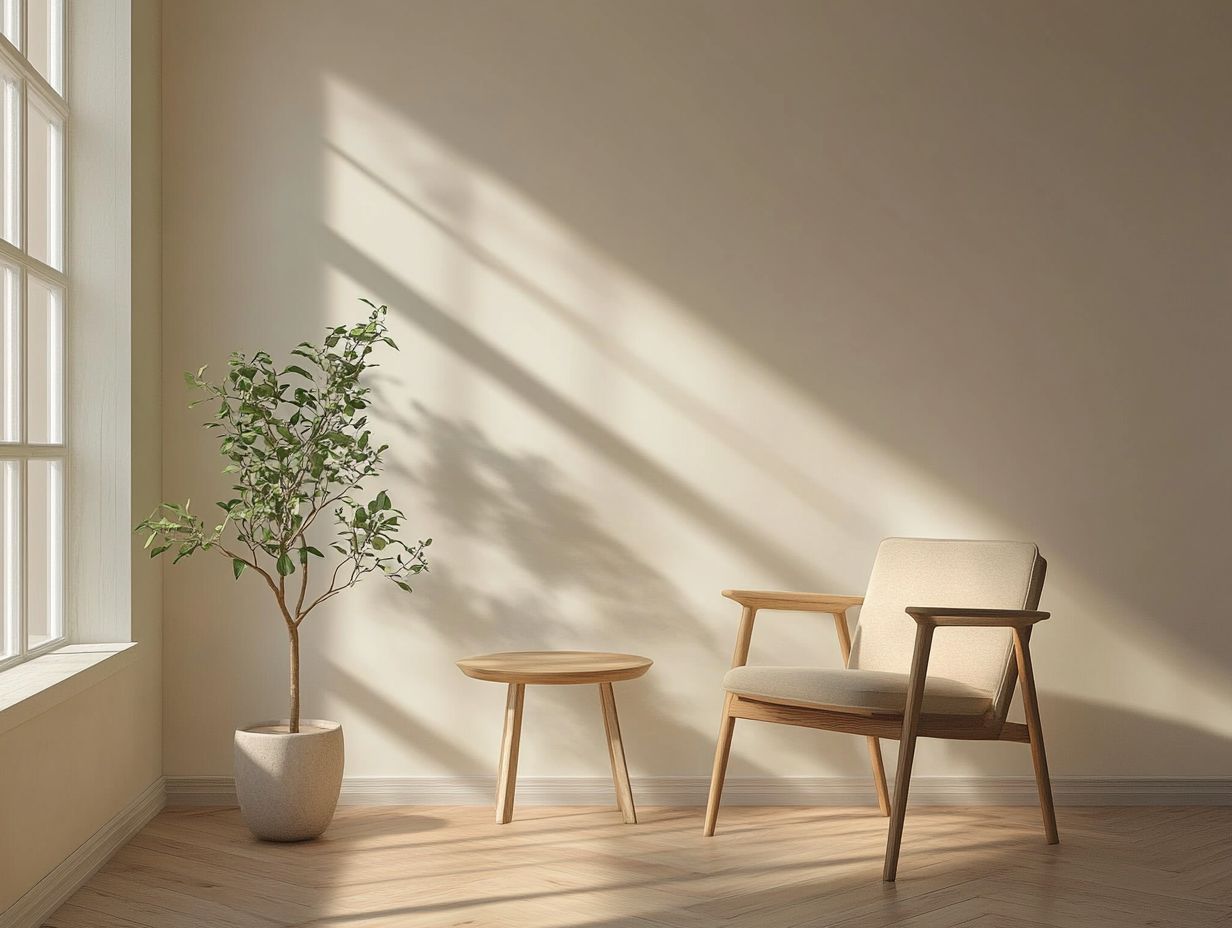
The impact of minimalism on your mental and physical well-being is truly profound. By embracing a minimalist lifestyle, you can declutter your life, leading to improved focus and reduced anxiety.
As you systematically remove distractions and unnecessary possessions, you re creating a calm space that encourages mindfulness and presence. This approach aligns beautifully with Stoic principles, the philosophy that teaches strength in tough times.
Embracing minimalist practices also introduces you to negative visualization, which means thinking about what you might lose to appreciate what you have. This technique nurtures appreciation for what you have, diminishing feelings of desire and fostering genuine contentment.
This intentional lifestyle alleviates mental burdens and enhances clarity. It allows for more meaningful interactions and experiences, significantly promoting both your mental and physical health.
How to Practice Minimalism
Embracing minimalism means incorporating practical tips and strategies that pave the way for a simpler, more intentional life. By decluttering both your spaces and your mind, you create room for clarity and purpose.
It s a lifestyle inspired by brands like LARSEN & ERIKSEN, celebrated for their devotion to minimalist Danish design. This approach helps you develop a clean style that resonates deeply with your values.
Tips for Simplifying Your Life
To simplify your life through minimalism, focus on practical tips like regularly decluttering, prioritizing meaningful relationships, and embracing a mindset inspired by Marcus Aurelius that values simplicity and purpose.
By adopting these strategies, you can pave the way for a more intentional way of living. Start by carving out dedicated time to sift through your belongings, pinpointing items that no longer serve a purpose. This can create a calmer, more serene environment.
It’s equally vital to evaluate your personal connections. Surrounding yourself with supportive and uplifting individuals fosters deeper bonds and enriches your life experiences.
Incorporating mindfulness practices such as meditation or journaling can enhance your self-awareness, allowing you to truly appreciate the present moment.
Start blending these steps with timeless ideas today! By combining actionable steps with timeless philosophies, you can cultivate a fulfilling lifestyle rooted in minimalism.
Common Misconceptions About Minimalism
Common misconceptions about minimalism often arise from a lack of understanding of the movement itself. You might find that many people mistakenly equate minimalism with deprivation or blandness. In reality, it s an enabling choice that enhances simple living and nurtures creativity.
Clarifying Myths and Misunderstandings
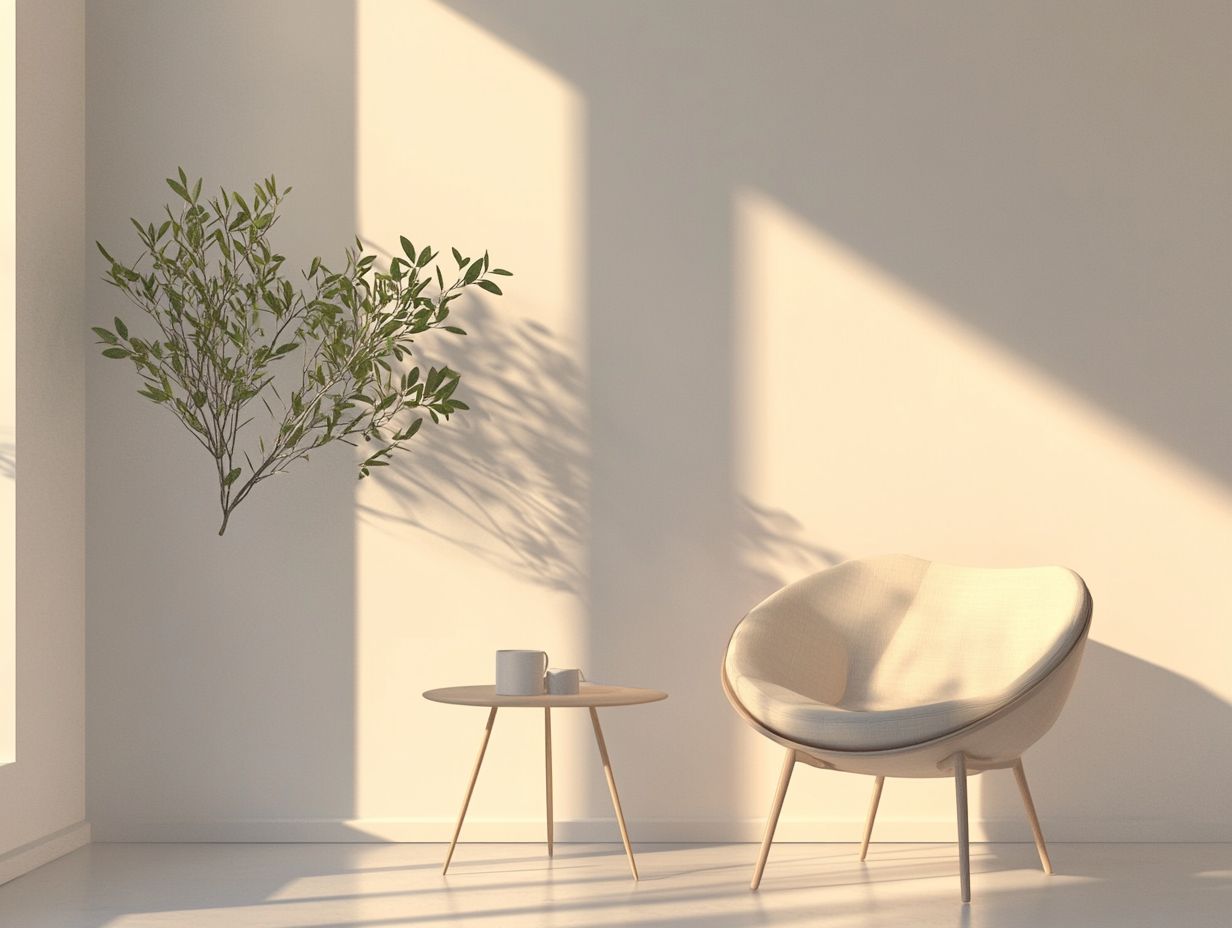
Clarifying myths and misunderstandings about minimalism is crucial for you to truly appreciate its essence. It’s not just about owning fewer things; it’s about creating a life packed with purpose and joy!
You might think that embracing minimalism demands extreme frugality or an austere lifestyle, often envisioning stark white walls and empty spaces. You’ll be amazed at the flexibility and personal growth minimalism offers!
Minimalism isn t about depriving yourself; it s about decluttering distractions to focus on what genuinely matters. By honing in on intentionality, you can cultivate a sense of fulfillment that surpasses material possessions, leading to richer experiences and deeper connections.
Rather than seeing minimalism as a restrictive concept, consider how liberating it can be. Many discover that quality triumphs over quantity and that true happiness can thrive alongside mindful consumption.
Minimalism and Sustainability
Minimalism and sustainability go hand in hand. By embracing a minimalist lifestyle, you naturally gravitate toward more environmentally conscious choices. This shift not only reduces waste but also fosters sustainable living practices that enrich both your life and the planet.
Environmental Impacts and Considerations
The environmental impacts of minimalism are profound, prompting you to reflect on your consumption patterns and make choices that prioritize sustainability while reducing your impact on the environment.
By intentionally focusing on what truly matters, you ll find yourself purchasing fewer products. This shift leads to less waste generation and resource depletion. It not only encourages lower energy consumption, but also emphasizes the importance of quality over quantity, guiding you toward sustainable alternatives.
As you become more mindful of your possessions, you’ll likely cultivate habits of reusing, recycling, and supporting eco-friendly brands. All of these contribute positively to the planet. You’ll be amazed at how embracing a minimalist lifestyle nurtures a deeper connection to the environment, inspiring a collective commitment to preserving natural resources for future generations.
Frequently Asked Questions
Here are some common questions about minimalism:
What is Minimalism?
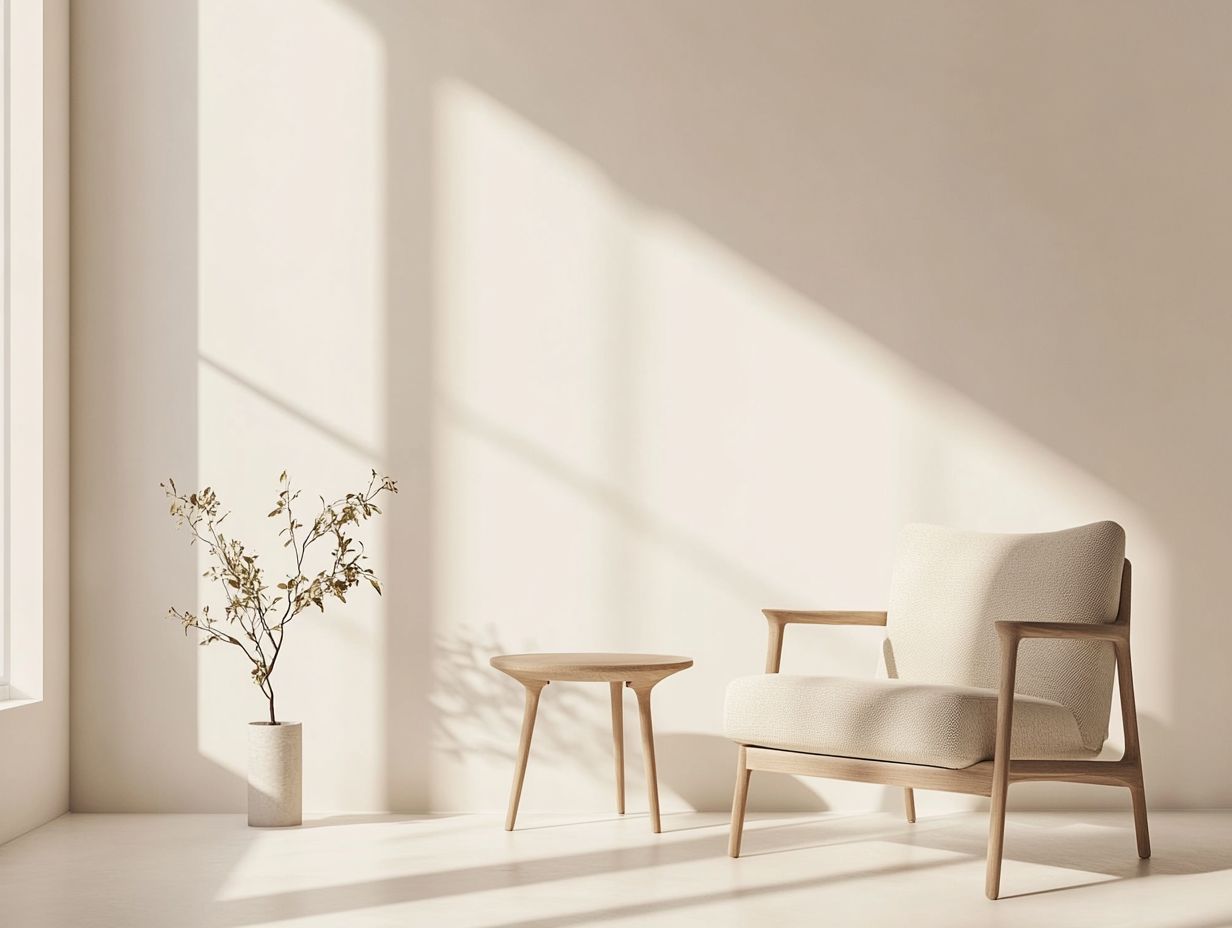
Minimalism is about simplifying your life by intentionally reducing material possessions, limiting distractions, and prioritizing experiences over things.
How did Minimalism originate?
Minimalism was popularized by two friends, Joshua Fields Millburn and Ryan Nicodemus, who left their corporate jobs and adopted a minimalist lifestyle. They shared their journey through books, podcasts, and speaking engagements.
What are the benefits of following Minimalism?
Following Minimalism can lead to a more intentional and fulfilling life. It helps reduce stress, improve mental clarity, and increase overall happiness. It also promotes a more sustainable and environmentally friendly lifestyle.
Do I have to get rid of all my possessions to be a minimalist?
No, being a minimalist does not mean living with bare minimum possessions. It is about being intentional with what you own and limiting excess. Some people may choose to have fewer possessions inspired by techniques from Marie Kondo, while others may simply declutter and organize their current belongings.
Can anyone practice Minimalism?
Yes, anyone can practice Minimalism regardless of age, occupation, or lifestyle. It is a personal journey and can be adapted to fit each individual’s needs and values.
Is Minimalism just about physical possessions?
No, Minimalism also focuses on decluttering and simplifying other areas of life such as relationships, finances, and time management. It encourages individuals to prioritize what truly brings joy and meaning to their lives.
Start your minimalist journey today and make a difference!
